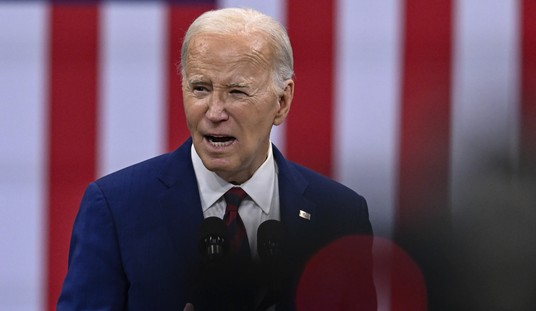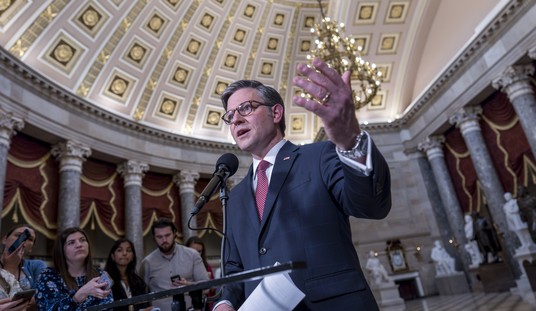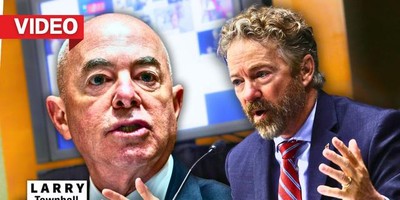Come 2014, you'll have to pay a tax if you're uninsured -- but how exactly it's going to work is still getting sorted out. The IRS isn't sure how many people they'll have to hire, or how much implementation will end up costing:
The changes will require new regulations, forms and publications, new computer programs and a big new outreach program to explain it all to taxpayers and tax professionals. Businesses that don't claim an exemption will have to prove they offer health insurance to employees.
The health care law "includes the largest set of tax law changes in more than 20 years," according to the Treasury inspector general who oversees the IRS. The agency will have to hire thousands of workers to manage it, requiring significant budget increases that already are being targeted by congressional Republicans determined to dismantle the president's signature initiative.
"Knowing the complexity of the health law, there's no question that the IRS is going to struggle with this," said Rep. Charles Boustany Jr., R-La., chairman of the House Ways and Means oversight subcommittee. "The IRS wants more resources. Well, we need to start digging down into what are they doing with the resources and personnel."
The number of new employees the IRS will need to hire varies widely, depending on who asks: Republican Congressmen estimate 16,500, but the IRS says this is inaccurate, and that the budget calls for no more than 1,200. Rep. Dave Camp (R-MI), chairman of the Ways and Means Committee, plans to hold a hearing next week in the hopes of finding a more concrete estimate of what the IRS will need.
Recommended
Here's an interesting loophole, though: the IRS doesn't have a whole lot of recourse to collect the tax from the uninsured, besides withholding a tax refund. And if the tax exceeds the refund, not paying it will be more of a money saver:
The penalty will be fully phased in by 2016, when it will be $695 for each uninsured adult or 2.5 percent of family income, whichever is greater, up to $12,500. The nonpartisan Congressional Budget Office estimates that 4 million people will pay the penalty that year.
The law, however, severely limits the ability of the IRS to collect the penalties. There are no civil or criminal penalties for refusing to pay it and the IRS cannot seize bank accounts or dock wages to collect it. No interest accumulates for unpaid penalties.
So how can the IRS enforce the mandate? Scary letters and threats to withhold tax refunds.
The law allows the IRS to withhold tax refunds to collect the penalty, and most filers get refunds. This year, 77 percent of the 135 million individual income tax returns processed by the IRS qualified for a refund. The average refund: $2,707.
For those who don't qualify for a refund, a stern letter from the IRS can be effective, even if it doesn't come with the threat of civil or criminal penalties, said Elizabeth Maresca, a former IRS trial attorney who supervises the Tax & Consumer Litigation Clinic at the Fordham University law school.
"Most people pay because they're scared, and I don't think that's going to change," Maresca said.
It'll be interesting to see how effective the tax is -- but of course, the better option would be a full repeal before implementation is necessary. Here's hoping...

























Join the conversation as a VIP Member